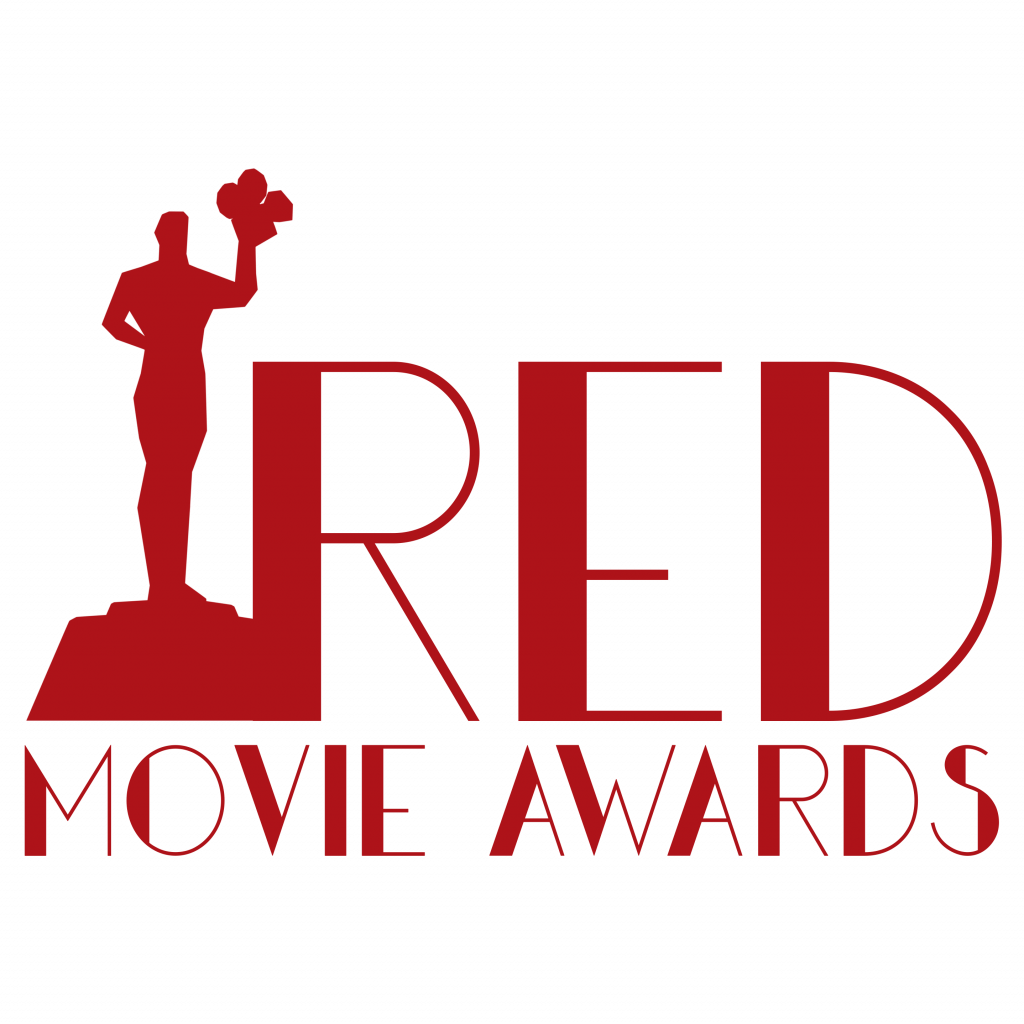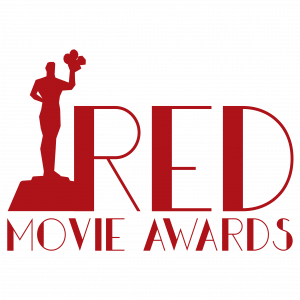THE INTERVIEW
September, 2024
JAY SHERER
DIRECTORS OF NO VACANCY
BEST FIRST TIME DIRECTOR
Jay, tell us a little more about yourself. Where did your desire to be a director come from?

What is your background?
I’ve been a writer, both for the screen and I’ve written books as well, for over twenty years. I love the process of storytelling and what storytelling really means. To me, storytelling has a deep spiritual component to it. And I’ve loved it ever since I was a kid. The interesting thing, too, is that once I discovered screenwriting, people would read my books and say: “I could see this being a film.” or “I could see this being a streaming series.” There’s something about the writing that Nathan and I produce that works well on a visual level, which I’m sure is why directing turned out to be such a rewarding thing for me to learn with this film.

What were your references No Vacancy?
With both No Vacancy and The Harlequin, we were inspired by films that dug deeper into the human side of the superhero genre. And I was observing the film industry struggling in the aftermath of COVID and I was thinking: “I feel like we need more low budget options.” And that made me think of films like Unbreakable and Identity and TV shows like Watchmen and The Boys. Those have deeper things to say about the human condition. And with Identity or a film like Bad Times at the El Royale, I loved this aspect of a single location that causes the characters to feel out-of-place and vulnerable. And then, as I explored the aspect of the flashbacks–where we start to understand why Leigh Larson has arrived at this motel–those were inspired by Stranger Things, where when Eleven is able to do her remote viewing thing and see another location that’s in this black, ether-like environment. And that meant not having to film at 3-4 more locations. We could just use a blackout set.

You won an Honorable Mention & Best First Time Director for your film at the RED MOVIE AWARDS what does that symbolize?
I’m incredibly humbled by it, and also incredibly energized. To get an aware for my first time sitting in a director’s chair feels pretty surreal. And getting an honorable mention for screenwriting is so validating. I’m a COVID-longhauler, which essentially means I picked up a disability from COVID during the pandemic. And in 2022, when I started work on The Harlequin, I really couldn’t do much. I had systemic inflammation, I would get headaches, I had heart and lung issues, and I had pretty significant fatigue. But the one thing I could do was sit down in a recliner and use my smartphone to work on scripts. And that’s when I was able to write The Harlequin and No Vacancy. And although I got better–and I recovered enough to direct No Vacancy–it was scary. Because I didn’t know if I’d be able to do it. So, winning these two awards means so much to me, because they were both a labor of love coming from someone who couldn’t do much else. And I’m just so grateful to the RED Movie Awards, my cast and crew, my wife, and even God. To be sitting here, in this interview, in some ways feels like a miracle, if I’m being honest. Thank you so much. This means the world to me

Jay you are basically a screenwriter, you have already worked on a feature film THE HARLEQUIN and NO VACANCY is a short film, a prequel to this feature film. How do you work from a screenwriting point of view when a project is linked to another but not in the same format?
Why did you choose to explore the themes of guilt and shame?

What was the biggest challenge for this first film?

Do you have an anecdote to share with us in particular?

What is your next project?

